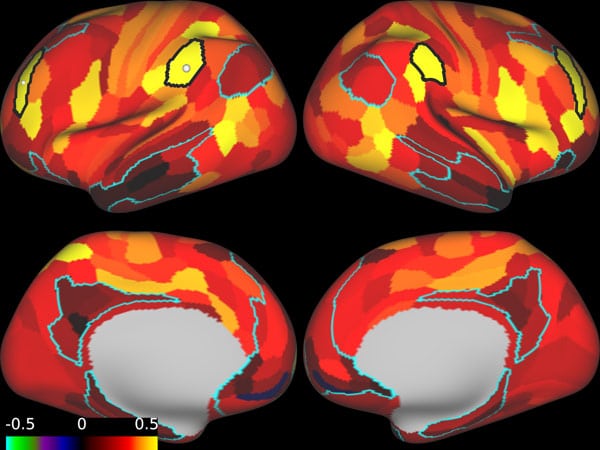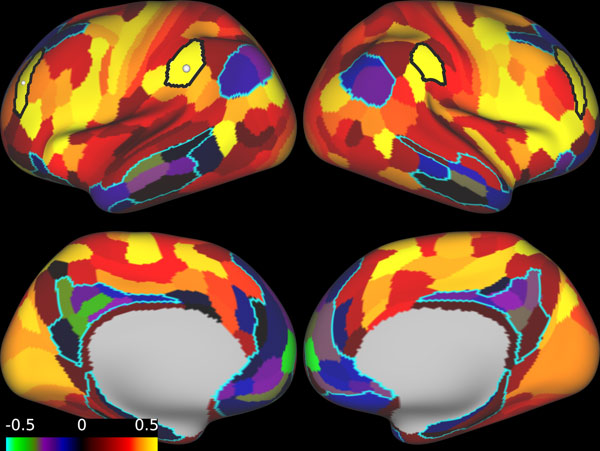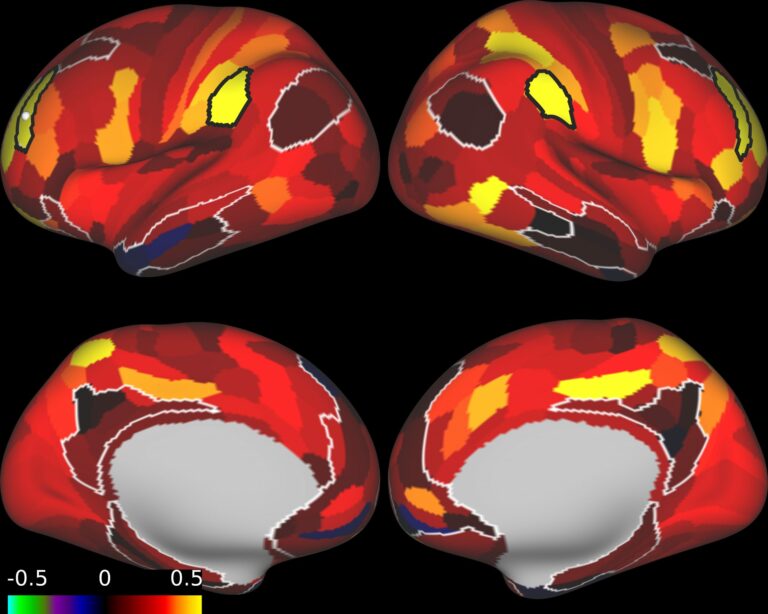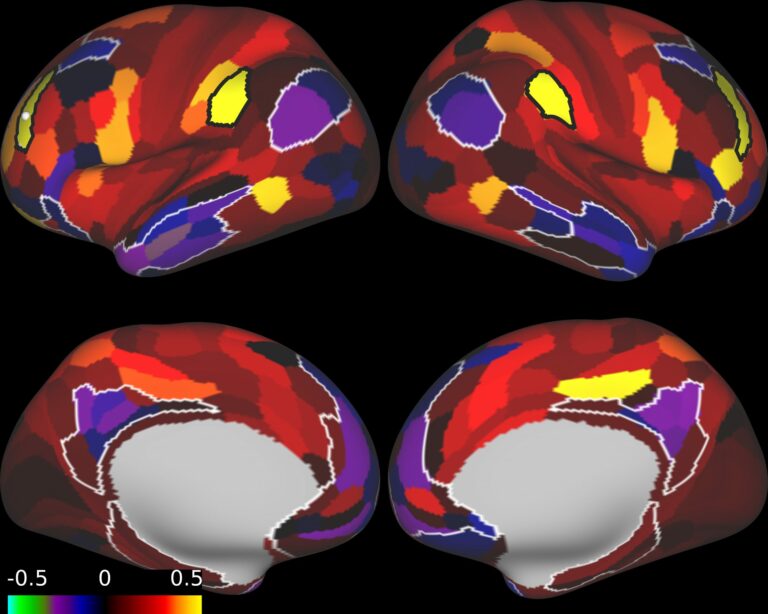
Office Address
171 East 74th Street, Unit 1-1 New York, NY 10021

Contact Us

The human brain is a remarkable conductor of electricity. Your neurons communicate with each other and the rest of the body through impulses that control movement, emotions, and processes of the body, both voluntary and involuntary. Through continual advancement in scientific and medical research, we are constantly expanding our understanding of the way that these electrical impulses can affect us. In many cases, issues ranging from mental health disorders like depression or ADHD to traumatic brain injuries (TBIs) or degenerative illnesses like Alzheimer’s can be correlated with misfires or malfunctions of these signals. Through our TMS therapy treatment, we are better equipped than ever to address the root neurological causes of these problems.


Transcranial magnetic stimulation (TMS) is a non-invasive, non-pharmacological procedure for treating neuropsychiatric disorders, in which a magnetic coil is used to stimulate specific regions of the brain. TMS uses short, rapidly changing magnetic field pulses to induce electrical currents in brain tissue, repairing and correcting the function of the brain’s neural networks.
This procedure has been FDA approved for clinical applications since 2008 and differs from last resort interventions such as electroshock therapy or deep brain stimulation (DBS) in that it is non-invasive and has minimal side effects.

The original method of TMS therapy, while FDA-approved and shown to be effective for many patients, was applied in a generalized manner to the brain and could not be targeted to the specific areas where dysfunction was present. Thanks to advances in fMRI technology, this is no longer the case.
Neurotherapeutix is unique, being the only practice in New York City which utilizes innovative functional imaging guided transcranial magnetic stimulation to personalize treatment to each individual patient. Our proprietary fMRI technology allows us to map brain function and identify specific areas where neural activity is lacking or abnormal. We then create a specialized TMS treatment regimen to target these misfiring neurons. This functional imaging technology also allows us to monitor the results of treatment over time and make adjustments when necessary.
Transcranial magnetic stimulation has been shown to be effective in treating a very wide range of injuries and disorders affecting the brain. For many people who are struggling with acute and chronic mental disorders like depression, anxiety, obsessive-compulsive disorder, bipolar disorder, TMS has proven successful in alleviating symptoms by repairing the neural connections of the brain, even in cases where medications or other interventions have proven ineffective or had debilitating side effects.
Additionally, there is significant study showing that transcranial magnetic stimulation can be useful in situations where a patient has suffered seizures, personality changes, or other serious side effects due to a traumatic brain injury. Evidence also indicates that TMS can help to improve neuroplasticity and slow the onset of degenerative neurological disorders such as dementia or Alzheimer’s disease.


Before beginning treatment, all of our patients have an initial consultation with a licensed psychiatrist to review their symptoms, medical history, and concerns and expectations for treatment. For patients who are identified as good candidates for TMS treatment, the first appointment will be dedicated to fMRI mapping of brain activity, performed to locate specific areas where neurons are not firing properly so that we can create a targeted, individualized TMS treatment plan.
This is a gradual treatment which typically takes several sessions to bear significant results. Your treatment schedule will be tailored to your medical needs and availability, but typically involves several sessions a week over the first 4-6 weeks, with the frequency of sessions decreasing as treatment progresses. We will also use fMRI brain mapping to monitor results over time and make adjustments where needed.
TMS is non-invasive and does not have any serious side effects. There is always a possibility that the treatment will be less effective for some patients than others, but TMS is quite safe and, because of our cutting-edge fMRI technology, we are uniquely equipped to make modifications in order to personalize sessions to your personal needs.




Neurotherapeutix is the leading clinic for functional imaging guided transcranial magnetic stimulation (TMS), a safe, innovative, and non-invasive methodology for treating a wide range of acute and chronic mental disorders and brain injuries. Our advanced fMRI technology allows us to map the brain for the… Learn More »
Reviewed By:Alayar Kangarlu, Ph.D.
Published: April 11, 2022NYC
Last Reviewed: December 22, 2023
QUICK INQUIRY
Contact us to get an estimate for your medical services requirements. You can fill in the form to specify your medical requirements or you can call us directly.